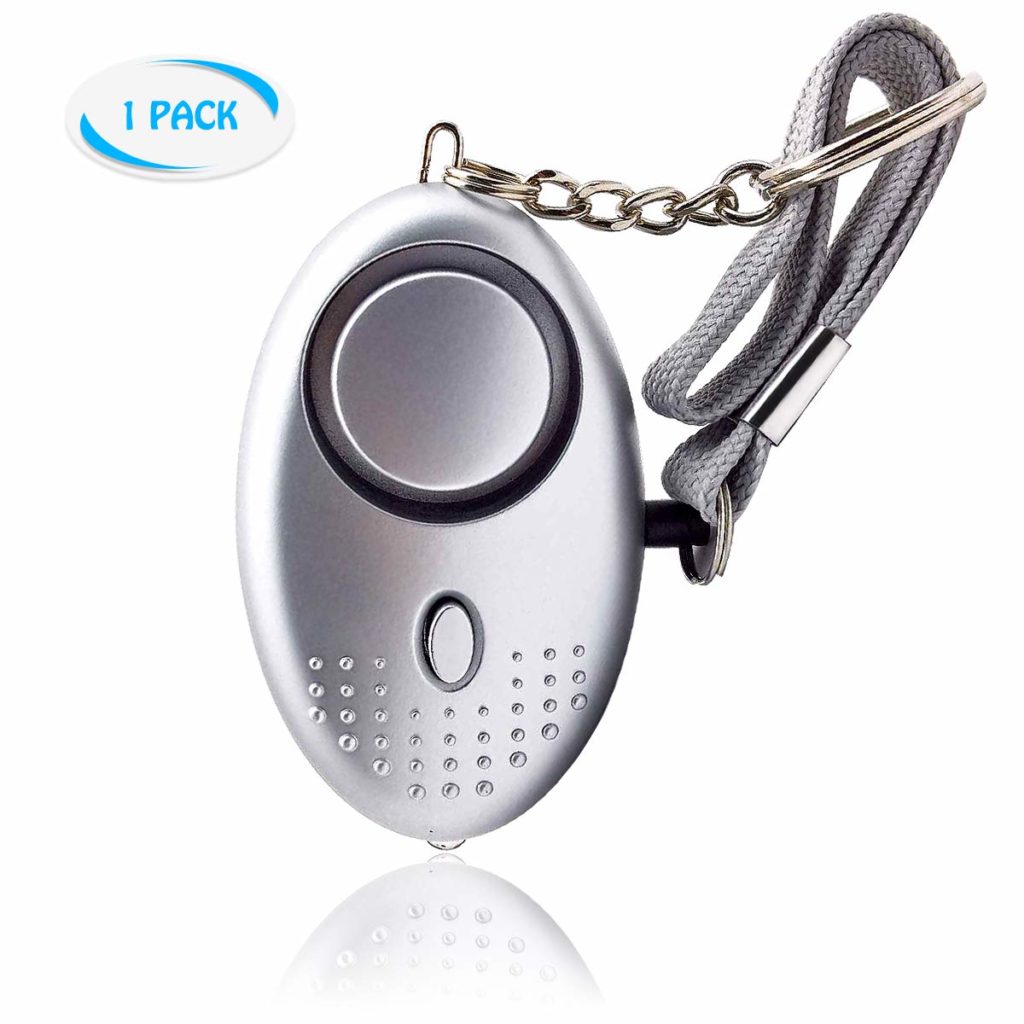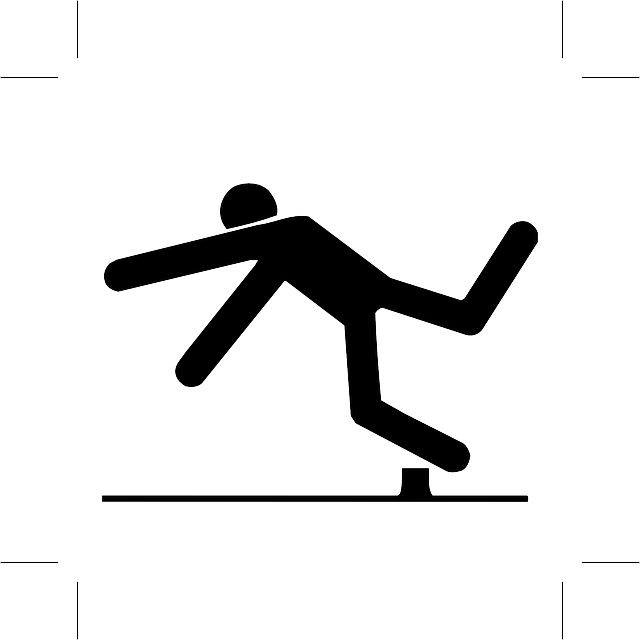What are personal alarms?
Personal Alarms For Older Adults. Personal alarms allow people to call for assistance if they have an accident or a fall at home. And they can help older and less abled people to feel safer at home. Thus allowing them to remain independent for longer. Hence, they can also offer peace of mind to family and friends.
Personal alarms are simple to use. Often worn 24 hours with one button to get help quickly if the user has a problem. So then, despite the simple design, they can potentially be life-saving devices. Especially if someone has a fall or some other accident when they are alone.
There are several types of personal alarms available
- basic alarms, which rely purely on a loud noise to alert people nearby, also to scare off attackers. (not expensive)
- pendant alarms connected to a 24/7 emergency response centre – some enable two-way communication in an emergency. (service charges apply)
- fall detector, available as a separate device or as an additional feature built into a personal alarm. (service charges apply)
- GPS tracking alarm for people with dementia, designed to help family carers keep track of someone’s whereabouts. (service charges apply)
Basic Personal Alarms

So then, older adults are often the target of intruders, who see them as weak and easy prey. Personal alarms help to scare off intruders because they know help is always there. Generally, personal alarm systems are a great help in emergencies. In addition, they are also an effective way to prevent attackers, intruders from taking advantage of vulnerable older adults. If an intruder does enter your elderly loved ones home, your loved ones can easily get help. And they will most likely scare off intruders immediately with the sound of the alarm system.
Personal Alarms With 24 Hour Monitoring
Personal Alarms For Older Adults. Devices connected to a paid monitoring service. And to a carer, either in your home or elsewhere. For example, you can wear them like a necklace with a simple push-button operation. Similarly, or attached to the wrist like a watch strap or clipped to a belt or clothing. For instance, they can also be linked to a mobile phone. And with an emergency button fitted for easy access when in bed.
Several systems also incorporate a fall detector. This means that if you were to fall over, the unit would automatically send an alert to the call centre or carer that is responding. You can read more about fall alarms below.
Calling for Assistance
Calling for assistance, some units can allow you to be tracked by GPS. For example, if you’re caring for someone who has dementia and can lose their direction and fail to return home, you can locate them using this.
Personal Alarms For Older Adults. Living alone can often have an increased chance of falls and getting seriously injured. As a result, the risk is further increased from around 70 years onward. These accidents can cause serious damage. And if help does not arrive, the results can be even more traumatic. Hence, if you are living alone, it is important to consider getting a personal alarm.
Quicker Access To Medical Help
Personal alarms allow the elderly to have immediate access to an operator after an accident, like a slip or fall. With the touch of a button, they can speak with someone who can get help and call an ambulance if needed. The faster the ambulance is called, the better the chance of recovery is. Personal alarm systems by PersonalAlarms allow the elderly to have access to help 24 hours a day, seven days a week. Family and friends do not need to be on call all hours of the day and night in case of an emergency because there is always an operator ready to help.
Fall detector Alarms

As we age, the chances of suffering a fall increase. A fall alarm reassures you that help will be available as quickly as possible if you do have a fall.
A fall alarm is very similar to a personal alarm. The key difference is that it doesn’t have to be operated by the person wearing it. Instead, it uses an in-built motion sensor to detect any unexpected fall or downward motion and raises an alert to a call centre or a loved one. Some models allow you to talk directly to the call centre via a two-way speaker.
Many are lightweight and can be worn on the wrist. Also, as a pendant around the neck or clipped onto clothing. Most can be worn in bed, in the bathroom, or out and about. In addition, many providers offer models that combine a fall alarm and personal alarm in a single device.
Lifeline alarms
Some local authorities operate community alarm systems for older or disabled residents, sometimes called a lifeline alarm service. There is certainly going to be a charge for using the service. But, this may be subsidised or even free for those assessed as having eligible needs. Contact your local authority’s social services team to find out what they offer.
How much does a personal alarm cost?
Whether you choose a personal alarm, fall alarm or both. Also, if you want to be connected to a 24/7 monitoring service. There will be an ongoing weekly or monthly charge. So then an alarm that is purely a falls detector is at the lower end of the price range. But an alarm package with an integrated falls alarm will be more expensive than a basic alarm.
It’s worth checking whether your local authority offers a lifeline alarm service (see above), as this may be less expensive than going through a private provider.
How to choose the right personal alarm
Personal alarms are available from a large number of organisations, including local authorities, charities and Amazon. Before deciding, think about what type of equipment and level of service you require, as there’s no point paying for more than you need. Here are some of the key things to consider.
- A basic loud noise alarm (120-140 dbs) for attackers/intruders
- Subscription fee: if you opt for an alarm that’s linked to a monitoring service. So then, you’ll usually need to pay an ongoing subscription fee, in addition to any setup charge. And, this fee may be charged on a yearly or monthly basis. In addition, there may be an added cost if you want extra services, such as a fall detector.
- Range: check the distance range if you plan to wear it in the garden; also check your ability to hear the response centre.
- Batteries: ask how long the batteries will last for; how will you know if they’re running low and whose responsibility is it to replace them? What happens in the event of a power cut?
- Emergency numbers: how many can you have?
- Mobile phone alarms: if you don’t have a landline, there are options for alarms that operate from a SIM card.
- Is it waterproof?: if you choose a wearable device, you’ll probably want to wear it outside or in the bathroom.
- Security: You may need a keysafe (a lockable box outside your home with a spare door key inside). So that authorised people can get into your home if the alarm is sounded. You can buy these separately or from the company providing the personal alarm. We strongly recommend that you buy a police-approved keysafe.
- False alarms: if you are concerned about accidentally calling for help, find out how easy it is to cancel a false alarm.
In Conclusion
Personal alarms are lifesavers, so you should consider having the basic loud noise alarm as a minimum. This will frighten off most muggers and intruders, And who can be extremely violent. They are cheap, easy to carry and operate, with batteries lasting well. Just remember to take it with you when you venture out.
Important Note *
Remember that everyone is different, and it is ultimately YOUR RESPONSIBILITY to find what your body responds to. So please do your due diligence before trying anything new, including getting Medical Advice to ensure your safety and peace of mind.
Connect with me and leave a comment or two on my social media.




